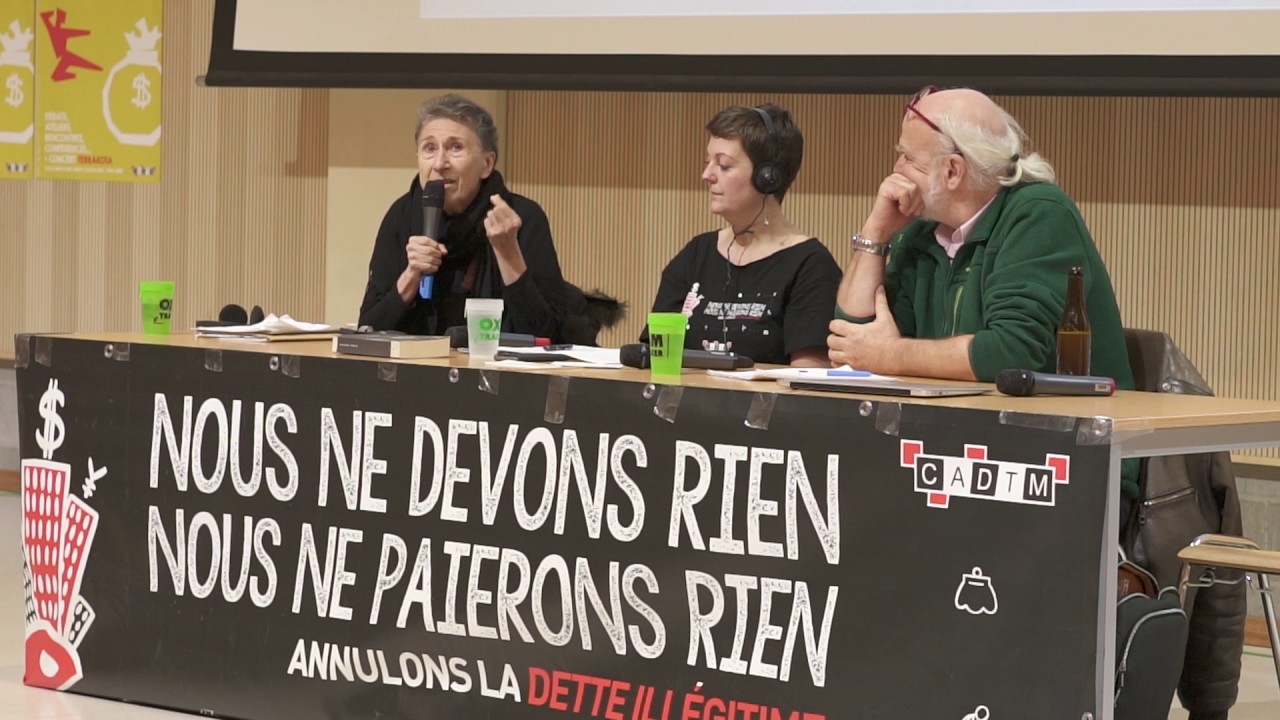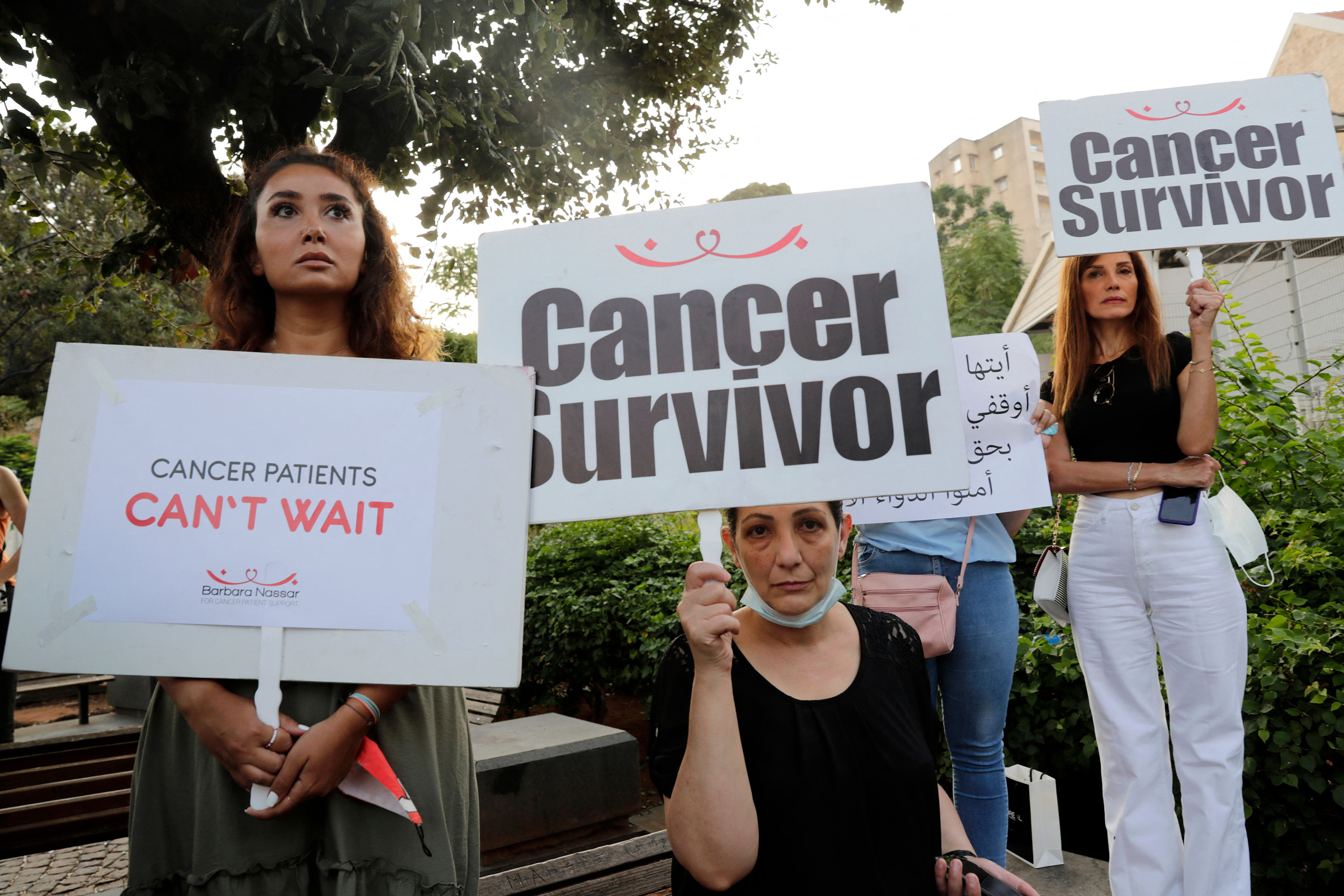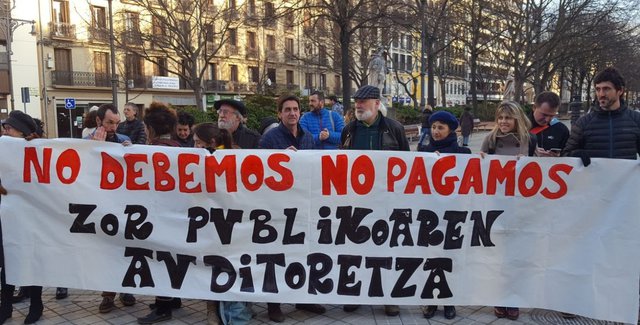Unjust public debts also stifle city halls and the people of Europe
- Brussels has held an eight-hour debate marathon to clarify how illegitimate debts incurred by states reduce social services and make citizens more dependent. The CADTM association, set up to investigate Third World indebtedness, has denounced that large corporations are now using the same financial bomb in first-world societies.

Next March, representatives of the newly created Municipal Association against Unfair Public Debt in Spain will take place in the European Parliament. This has been made known in the MAK2 Munizipalism, Self-government and Counterapoder conference held this January in Pamplona. The political positions of Podemos, with its different brands in the autonomous communities, in the municipalities of Spain are driving debate, analysis and observatories on unfair debt. The papers have been led by the Spanish Popular Debt Audit Platform PACD and the Unfair Debt Cancellation Committee (CADTM), which is open worldwide.
The best known leader is the Belgian Alain Toussaint, CADTM, founded in 1990 to denounce the unjust debt that the first rich world imposed on poor countries throughout history; the last two letters of its acronym signify Tiers Monde, the Third World. Since then, and more clearly since the outbreak of the great crisis in 2008, it has been seen that the world elites use similar instruments to absorb the public finances of the rich countries. The CADTM has worked hard to delegitimise the gigantic indebtedness to which Greece is drowned: Alexis Tsipras, newly invested in power, asked them for help in auditing the Greek debt, although the Syriza government was eventually forced to take the memorandum imposed by the Troika.
In December, the CADTM organised the “8h contre la dette”, an eight-hour marathon to discuss the issue among militants, representatives of associations coming from all over Europe and interested citizens. He began the meeting of over 300 known people in the world of the feminist militant left, Silvia Federici, one of the ateliers who guided him below: “Dette, me fatale du capitalist sme.”
As for history, Federici explained how debt has changed in the last century. At the beginning of the twentieth century, only those who demonstrated their ability to pay for credit, that is, the few people who had fixed sources of money, could gain access to credit, but then, as the consumer society became stronger, debts also spread among ordinary people. As for public debt, if it was used in the 1960s and 1970s to promote employment for workers, it has been used in the last 30 years to increase unemployment.
Debt is as much a political instrument as the economy is. It has altered the direction of the economy, it has boosted the productive and extractivist model, it has used to privatize the economy, it has entailed a massive impoverishment of citizenship. It is widely used internationally, as it generates fewer reactions from the population and is a demobilizing agent.
“Debt,” Federici said, hides oppression and people isolate it. The worker involved in the struggle for wages realizes the injustice he suffers and feels part of a collective. On the contrary, the person who has incurred a debt appears to be someone who has wasted money on his or her behalf. (...) There is a clear connection between public and private debt, as in the end people have to be indebted in order to be able to access the services that the State should offer them by itself. But they do not realize the shock that the banks make them, they generally feel guilty, thinking they have incurred debts for mismanagement.”
Stealthy steals disguised
Debt has a gender component, Federici argues. The worst damage to the workers, to the people of the South of the world, to the blacks – Federici is from EE.UU – but women ruin debts above all: it has regressed in the fight for economic independence and increased dependence, especially on domestic tasks.
When states reduce social services on the pretext of public indebtedness, they harm the services at their disposal: childcare, care for the sick, care for the elderly... Women have become, on the one hand, domestic work and, on the other hand, women have also had to start working in foreign houses in exchange for miserable wages so that their families can thrive in general impoverishment.
Indebtedness also serves to control the population, both in the rich and poor world. According to Federici, young students who have to resort to prostitution to pay for their career also feel sterile despite their debts, and cannot dream of becoming a mother to death if they are linked to debt. Many others have to rent their womb to the underrotated children's industry, that's a new commercialization of the female body.
Eric Toussain has long been claiming that illegitimate public debts must be relinquished because they are nothing more than a bomb to take money from the poor and give it to the capitalists. Double theft. First of all, governments pay public debts to large banks with taxes that take away their employees to pay for projects that benefit big business in particular. Two, states forgive banks taxes on the profits of these expenses through tax gifts, and big capitalists invest the tax savings in buying public debt that workers will have to pay out of their pockets.
One of the keys to the unjust public debt is that, according to Toussaint, theft becomes invisible to the worker: “A new wage tax is immediately levied, an abuse by the superior, but we realise that it is much more difficult to pay public debt, because we do not pay a special tax for public debt payments. And yet, much of the taxes we pay are to pay public debt.” One of the priorities of associations such as the CADTM is precisely the lack of access to theft.
They mainly use public debt auditing to explain to as many citizens as possible the origin of public debt and to question the illegal, illegal, odious or non-permanent parts of it. But once the grass-roots movement has carried out this complex task, the prerequisite for releasing itself from indebtedness is that the authorities are prepared to take courageous steps.
In his speech, Toussaine mentioned two fairly opposite experiences. In 2007, the CADTM helped Rafael Correa of Ecuador to conduct a debt audit, enabling financial institutions to reduce the country’s giant debt by negotiating with financial institutions. The opposite has happened in Greece. In 2015 he helped the government to organise an argument to deal with the troika, but Alexis Tsipras did not dare to maintain consensus and Greece has only been given an increase in the debt burden.
Arabako auzitegiak Europara eramango du IRPH klausulen inguruko auzia. Espainiako Auzitegi Gorenak, epaileen arteko desadostasun handiekin, atzera bota zuen Arabatik emandako epai bat, zeinak indize hipotekarioa baliogabetzat jo zuen.
Lizarran duela urte batzuk kirol instalazio bat eraikitzeko operazio urbanistikoak kiebrara eraman dezake udalerria, egungo alkate Koldo Leozen (EH Bildu) arabera. Nafarroako Kontuen Ganberak kaleratu berri duen txostenak susmo horiek baieztatu baizik ez ditu egin.
Nafarroako Parlamentu Sozialak -ELA tarteko- zor publikoaren aurkako astea antolatu du Iruñean, urtarrilaren 22 eta 26 bitartean. Astean zehar hainbat ekitaldi eta hitzaldi izango dira zor publikoaren inguruan. Aipagarria da Eric Toussaintzoren hitzaldia, alegia, zor... [+]
Gipuzkoako Hondakinen Kontsortzioak (GHK) Eguberri egunaren biharamunean onartu ditu Zubietako erraustegiaren bigarren fasearen baldintza pleguak. Biometanizazio planta eta eskoria nahiz errauts toxikoak tratatzeko gunea egingo dituzte, orain erraustegia eraikitzen ari diren... [+]

























